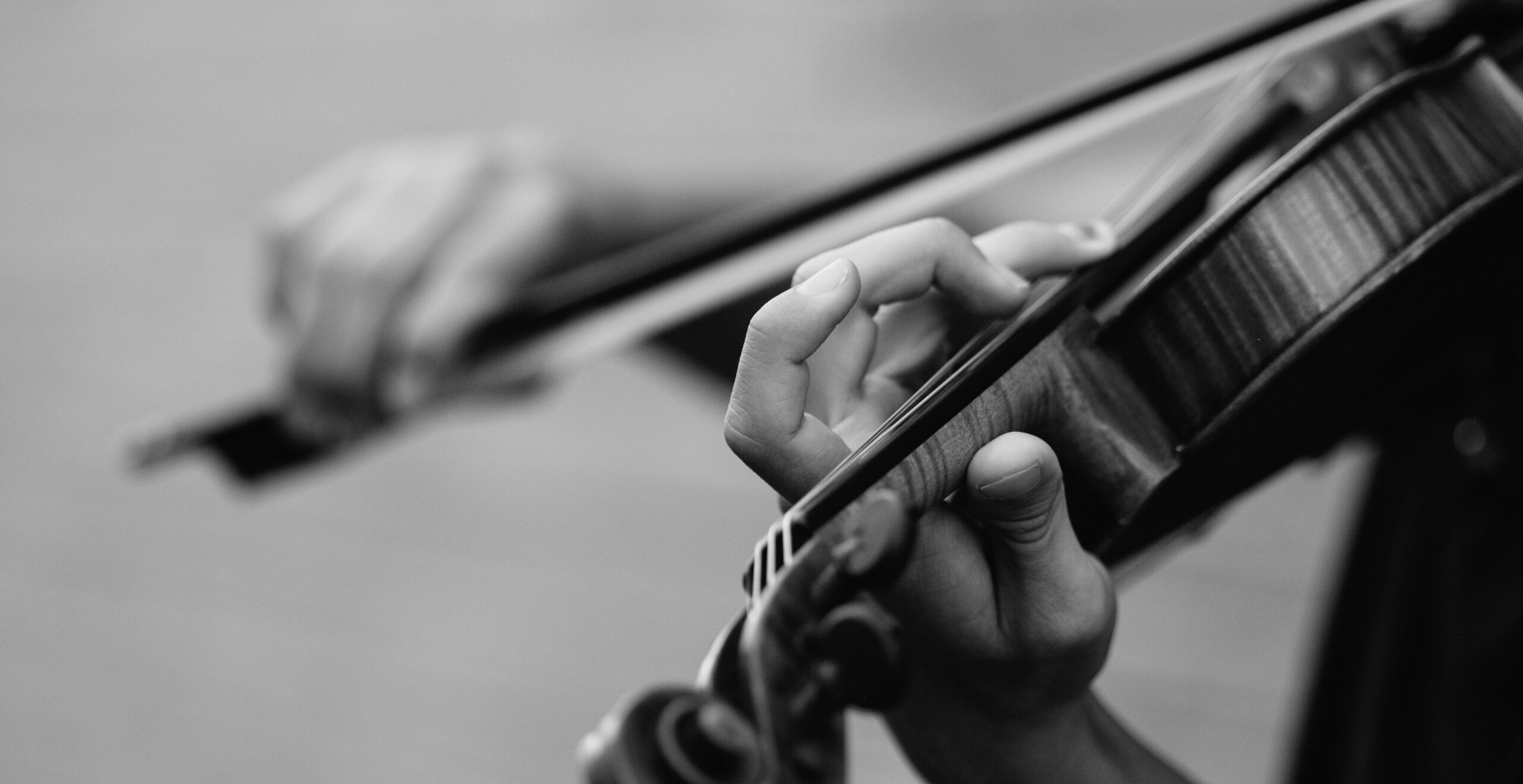Menu


I have always been fascinated by a person’s public life versus their private life. Your outer public life is the part of you that everyone sees. It is visible and therefore measurable and is the part of your life that tells you how well you are doing.
But then you have your private world, your private thoughts that no one knows about until they become words that come out of your mouth. Recently I have been reading about what we do in private, what we do when no one sees. I do not think we realize how what we do in private can set the course of our lives.
I recently read an article where the author said, “If you want to understand success, you can’t focus on what’s visible.” He goes on to say that:
Nature offers a great example with bamboo, which takes up to 5 years to develop its roots. For years, to the outside observer, no visible progress has been made. Meanwhile, the bamboo grows below the surface, developing its roots and storing energy. Then, all at once, it starts to grow. Years of stored energy result in exponential growth, sometimes reaching over 50 feet in a matter of weeks.
That’s how accomplishment comes. Slowly and then all at once.
Everyone wants to experience success, but no one wants to perform the behind-the-scenes work that will get us there.
A highly rigorous scientific study was performed in Berlin in the early nineties. The object of the study was to figure out why some violinists are better than others. The researchers went to the Music Academy of West Berlin as it was known to turn out extremely good musicians, many of whom went on to careers with major symphony orchestras.
Professors were asked to divide their students into three groups. The first group included the very best violinists, the second group was violinists who while good, were not as good as the first group. Those in the third group were good but not as good as those in the first two groups.
The researchers collected a massive amount of biographical data. This included when the musicians started studying music, the competitions they took part in, their success in these competitions, and how many hours a week they had practiced since they started playing the violin.
The subjects were also given a long list of activities, music related and non-music related. They were asked how much time they spent on each one in the most recent typical week.
What I found to be most interesting is that the students in all three groups were spending the same total amount of time on music related activities. This included lessons, practice, classes and so on. Music activities took up close to fifty hours of their week
However, there was one activity that clearly was more important than any other, and that was practicing by themselves when no one else was around. All the students agreed. When asked to rate the relevance of twelve music-related activities that most contributed to developing their skill, solitary practice was number one. Though all the students knew it, they didn’t all do it. The reason, and they all agreed is that it is hard and it isn’t much fun.
I think we should all ask ourselves, how do we spend our surplus hours when nothing is really required of us? Do we invest the time in activities that develop us or do we flitter it away? What do we do with the solitary hours when no one is around and no one is looking?
Finally, as a Christian, I believe the most important activity in life, that requires us to be isolated from others, is the time we spend with God. It is not only a time to feed and strengthen our souls, it is when you hear God’s voice most definitively.
I close with two famous quotes.
“The heights by great men reached and kept were not attained by sudden flight, but they while their companions slept, were toiling upward in the night.” —Henry Wadsworth Longfellow
“Two roads diverged in the woods, and I took the one less traveled by, and that has made all the difference.” —Robert Frost
Richard E Simmons III is the founder and Executive Director of The Center for Executive Leadership and a best-selling author.
Add grace and understanding to your day with words from Richard E. Simmons III in your inbox. Sign-up for weekly email with the latest blog post, podcast, and quote.

For local orders in the Birmingham, AL area, enter Promo Code LOCAL at checkout to save shipping. We will email you when your order is ready for pickup.
Bulk discounts for 25 or more books! Call 205-789-3471 for prices.